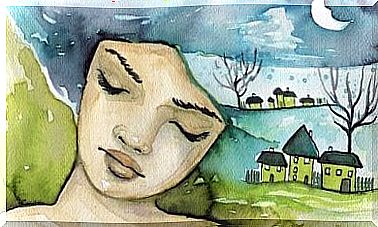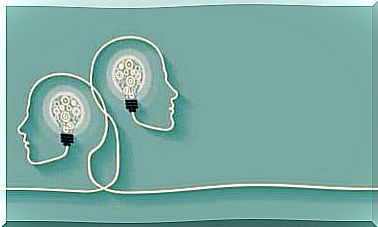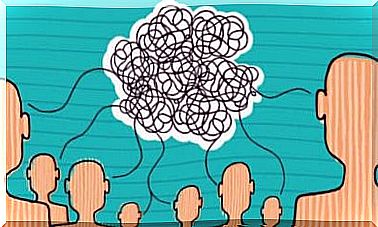Creating A False Identity On Social Networks

What are the consequences of creating a false identity on social networks? Increased risk of frustrations and a confusing identity, to name just two.
If you overestimate your identity on social networks , you will build a virtual character that hardly resembles the person you really are.
The virtual world is an area that invites you to create a character to interact with others. Searching for attention on social networks is the daily bread for many people today.
These networks are places where people arrange a show and play the person they want to be.
The opposite of the virtual world is not the real world, but rather the current world we live in. On the internet, you rarely see what people really are like.
In one way or another, everyone is free to hide what they do not want people to see and only show what they want. This also happens in our physical lives, but not to the same extent as online. Almost anything can be displayed on social networks.
Thus, something that can in principle be imaginative and fun can easily become a rather problematic issue. This can happen when you want to show that you are a certain type of person on social networks.
You begin to base yourself on that person and eventually become confused about your true identity.

The problems of creating a false identity on social networks
It is easy to create a false identity on social networks. You can say anything to other people you find there and everything in real time. But the person has no way of verifying if what you are saying is true.
The same goes for everything you publish online.
It’s one thing to express oneself on social networks, but something completely different to do so in the real world. The virtual world does not allow you to access a person’s real situation and see what that person really is.
It also does not allow you to effectively contrast what someone says with your own perception of who they really are.
All the ideal conditions are there for you to be extremely flexible when it comes to your true identity. You do not realize it, but you end up creating and showing a character that represents your ideal self.
Once you have created the false image of yourself, you start promoting, marketing and decorating it.
Approval and admiration
The identity you build on your social networks always shows the “best” of you. You get feedback on every post you make. Some get many “like” markings, while others go unnoticed.
You gradually learn which aspects of your identity are admired and approved by all your “friends” online.
Setting up a facade and creating a false identity on social networks is also a way of competing with others in the “social market”.
Some people are so preoccupied with their virtual world that they also begin to judge them around them. In this way, they can forge some artificial, but at the same time fragile bands.
Approval and admiration obtained on social networks does not often depend on real recognition. It has more to do with getting as many “likes” and followers as possible.
Many celebrities on the internet, colloquially called influencers or influencers, derive from all this. They are the ones most quoted in these “personal markets”.
Based on what they say, they will either be replaced or approved on a daily basis.

Self-deception is the real problem
Social networks are created to generate profits. In themselves, they are neither good nor bad.
But they are a fertile ground where people can increase the effects of peer pressure and consolidate “trends” that are not always constructive or enriching for people or society.
There are also places where people often trivialize the things that are really relevant. On a daily basis, it is clear that they exclude more than include.
They encourage a micro-dictatorship of opinions, and for people who do not have enough self-confidence to form an independent attitude to reality, it will lead to the creation of misleading and even deceptive identities.
Social media are also places that can easily put pressure on us. Showing yourself and creating a false identity on social networks can be something that creates more expectations and feelings than it should.
Some people find it so frustrating when they publish something and it goes unnoticed.
And yet we have here a great and ironic contradiction. By doing this, you are actually isolating yourself from your real surroundings and from your true identity.
Commenting and sharing things on these networks are just other ways to create links to others.
If you allow yourself to become too engrossed in social networks, you will only distort who you really are and reject the valuable opportunity to build deeper friendships and express your true self.









